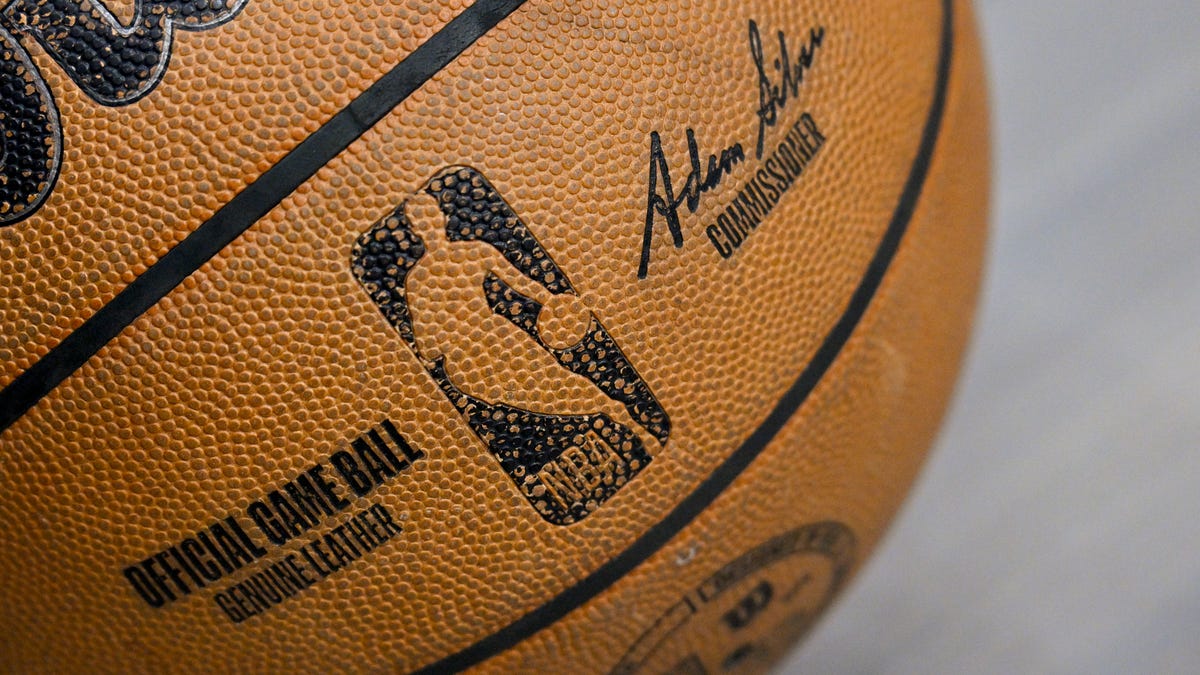Courtside Chorus: NBA's Iconic Anthem Makes Triumphant Return on NBC

Basketball fans, get ready for a nostalgic blast from the past! The iconic "Roundball Rock" theme song, which defined the NBA's golden era on NBC during the 1990s, is making a triumphant return this fall. Composed by the legendary John Tesh, this instantly recognizable musical piece became synonymous with basketball excitement, capturing the energy and passion of the game during its most memorable decade.
The infectious melody that once signaled the start of NBA broadcasts will once again resonate with fans, bringing back memories of Michael Jordan's epic dunks, Magic Johnson's no-look passes, and the electrifying basketball moments that defined an entire generation of sports entertainment. Tesh's composition, with its pulsing rhythm and dynamic sound, is more than just a theme song—it's a cultural touchstone that represents a pivotal era in basketball history.
Basketball enthusiasts and music lovers alike can look forward to reliving the magic of this classic tune when it returns to the airwaves this autumn, promising to reignite the nostalgic spirit of 90s NBA basketball.
